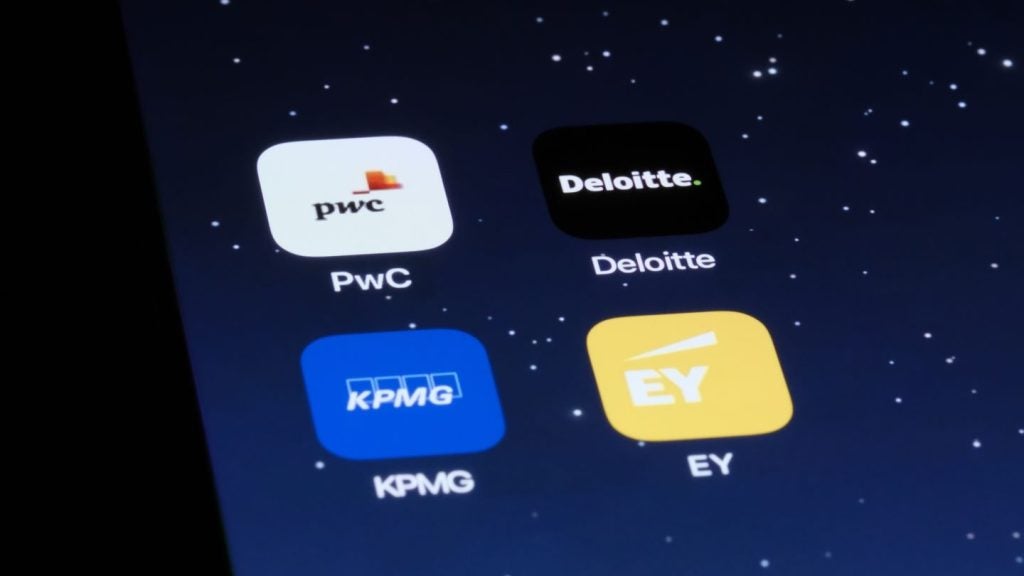
International Women’s Day celebrates all the achievements women have accomplished whilst still acknowledging the ongoing issues they face. Raising awareness and keeping conversations happening is vital, especially within the finance sector where women only made up 40% of the workforce in 2022.
Gender equality is about more than just fairness and opportunity – it’s about allowing diverse perspectives, approaches and innovation to change conversations and drive change. Embracing equity is especially important in industries that have traditionally been male-dominated and the finance sectors, such as accountancy and tax, have historically been one of the worst offenders.
Whilst improvements have been made, we have spoken to a range of finance professionals about how championing gender equality is essential for continued innovation.
Where numbers don’t quite add up in the finance sector
Latest figures from 2022 show that about 75% of all organisations have a gender pay gap in favour of men, who earn, on average, 10.4% more than women. For accountants, it’s even higher – with the top 20 accountancy firms in the UK having an average gap of 15-20%.
Whilst an equal number of male and female junior accountants have entered the sector in the last 10 years, this is yet to translate into senior positions with 75% of senior roles still held by men as of 2020.

US Tariffs are shifting - will you react or anticipate?
Don’t let policy changes catch you off guard. Stay proactive with real-time data and expert analysis.
By GlobalDataAqilla marketing executive, Amy Johnston, argues: “Many recent events around the world have provoked vital conversations about social injustice, highlighting the need for businesses and organisations to take meaningful action when it comes to equality, diversity and inclusion within the workplace. Understanding unconscious bias, promoting equal pay, providing equal opportunities to develop skills and ambitious career prospects, as well as assessing overall company values, is crucial for building inclusive environments in the workplace.”
Diversity is irreplaceable in the equation of success
Undoubtedly, a company’s success is directly correlated with a balanced workforce of professionals from different backgrounds, motivations and experiences. Diversity drives creativity, and encourages new perspectives, delivering a rounded set of skills needed to achieve maximum innovation.
Johnston agrees, explaining: “At Aqilla it is the diversity of voices, experiences, and cultures within our team that drives our overall innovation and creativity, allowing us to provide the most unique, cutting-edge and personal solutions to our customers – something we are all very proud of.”
Tax Systems chief technology officer, Sean Capes, adds: “Difference is power – everyone brings a unique mindset and new ideas to the table, which drives innovation. To achieve the best, therefore, organisations need to have a diverse workforce, comprising a wide blend of knowledge, experience and ability, based on honesty and fairness.”
Recruitment + Remote Working = Retention
Correct processes, policies and resources are key to ensuring the retention of top female talent. Tax Systems sales director, Dawn Broadbent, elaborates: “Recruitment and development processes in the workplace are crucial. They allow the right people into an organisation without bias and nurture those employees to understand their development path and who they are as a person. When life events impact an employee, organisations need to be flexible to accommodate interruptions in performance and encourage and guide them to success. A key example of this is maternity leavers or people that deliver care to others outside of the workplace.”
Whilst essential to be flexible when life events impact female employees, organisations need to allow this flexibility to extend outside of emergencies. The recent rise of remote working has supported many women who are trying to balance work with family commitments.
“I personally love to see how the dynamic of remote working has created a balance between working families, enabling both parents to be accessible to their children and to create better and more flexible working patterns. However, we should not underestimate the added commitment that remote working is bringing as employees work hard to fit all their working and domestic responsibilities into their day,” concluded Broadbent.
Keep your friends close, and your champions closer
It is commonly witnessed that women feel threatened by other women when they reach senior positions, perhaps because it is perceived that there are few seats available for women at the top table.
Tax Systems marketing director, Joy Ravenhall, argues that equity “is not just leaving the ladder behind you once you’ve reached a certain position but making sure you’re still holding the ladder steady.
“My advice as a woman in a leadership position is to remember that you don’t need to fear competition from other women once you have made it to a senior role – “pulling the ladder up” so they can’t follow. Rather, women should be each others’ mentor and advisor, being supportive and providing guidance on whatever is needed to help them achieve excellence – holding the ladder steady so others can climb to the same great heights you have.”
We are all in control of how we react, and how we keep pushing and elevating ourselves and others. In this male-dominated sector, women need to be helping women feel confident and supported – championing others, championing themselves and surrounding themselves with others that champion them.
Leading by example: the change in leadership approaches
Business leaders need to adopt a style that allows people the opportunity to speak up, give an opinion and ask for things that they need to push themselves to their highest potential. Equality is about being treated fairly and everyone’s ideas being brought to the table.
Tax Systems head of product operations, Vikki Woodford, highlights the importance of ensuring equity over equality. “People should be treated consistently and fairly by the leadership and enact their roles with the same ethos. When recruiting for new team members someone should be selected if they are the best person for the role and not to tick a specific box as this gives credibility to the leadership. The best person for the job should be in the job, regardless of gender or other consideration, and at the same time, the company must have the correct balance of skills and experiences to lead a successful company with a winning culture. Hard-nosed business decisions aren’t just male traits, and empathetic, diplomatic approaches don’t just come from women,” she summarises.
CEO views: appraisal from the top
Tax Systems’ CEO, Bruce Martin, and Aqilla’s CEO, Hugh Scantlebury, offer insight into what equity means to them and the policies they believe are most important in the journey to achieving this.
Martin starts: “It is important to note that equity and equality are very different things. Equality is treating everyone the same, whilst equity means that some people need more and/or tailored support and resources to have access to the same opportunities as others.”
“Combatting the barriers to advancement that can form when one person is not visible in the workplace by keeping information flowing to remote workers when they don’t hear the impromptu conversations in the office and recreating an equivalent version of the visibility/ networking opportunities. If someone’s personal circumstances dictate that they need to be based at home and the rest of the team is in the office, as a leader you should do what you can to ensure that everyone has the same opportunity to succeed,” Martin concludes.
Speaking about his own policies, Scantlebury adds: “At Aqilla, we are committed to Corporate Social Responsibility — and an important part of this is encouraging gender equality and empowering women. Our cloud-based accounting platforms aim to provide flexible and rewarding digital working. IT automation shows strong potential for removing some of the admin burdens on women working within the finance function. In theory, it should free up more time to focus on higher-value tasks such as financial and business analytics that will raise their profile within their organisations — and hopefully lead to much-deserved promotions.”
Scantlebury continues that whilst the financial industry is typically considered male-dominated, “the start of 2023 saw a step in the right direction – as of January, women made up 42% of seats in boardrooms among financial services firms, a big leap from 37% in June 2022! This is so important as career progression is key to encouraging and supporting the next generation.”
How the finance industry can Excel in 2023
Woodford summaries: “Just a couple of minutes on Google will show the important role that women have played in the STEM sectors historically – Ada Lovelace was a leading mathematician with a huge contribution to the first computers, and there were a plethora of female spies – the amazing Noor Inayat Khan and Violette Szabo to name just a couple – who helped win World War Two!”
Concluding, Capes elucidates, “it’s very easy to become stuck in the status quo and be affected rather than effect change. Bias still exists and, this International Women’s Day, we should all pledge to be more active in the fight for gender equality, rather than growing complacent.”






